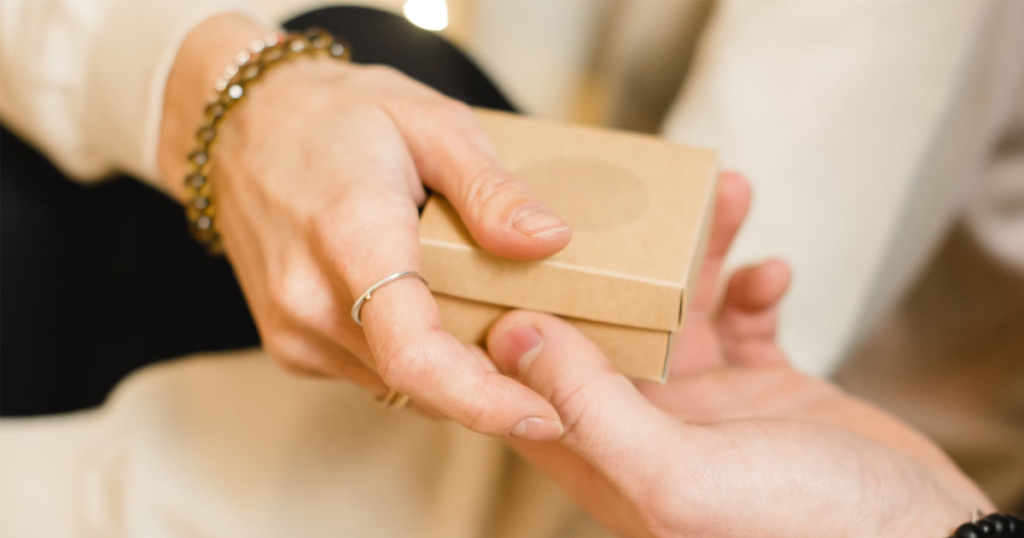Starting the journey of early recovery can be tough. It’s that crucial phase right after the initial treatment where individuals are figuring out how to embrace a sober or healthier lifestyle while getting back into the swing of everyday life. It’s a challenging time where the right support can make all the difference for long-term success.
Early recovery is no walk in the park. It’s a time when individuals are most vulnerable and susceptible to slipping back into old habits. Without that vital support system, feelings of isolation, discouragement, and loneliness can creep in, jeopardizing all the progress made and increasing the risk of setbacks.
But here’s where thoughtful gifts can really shine. They can be that beacon of encouragement and motivation during these challenging times. From self-help books to journals to fitness gear, these gifts can serve as reminders of the journey ahead. And let’s not forget the practical side – prepaid cards, gas cards, healthy meal deliveries, or gym memberships. These gifts not only show support but also help individuals tackle the financial and health challenges as they navigate this rocky road of early recovery.
The Role of Gifts in Supporting Recovery

Gifts have the power to play a substantial role in positively impacting someone’s recovery journey by offering emotional support, encouragement, and motivation.
Here are a few ways in which gifts can benefit individuals in recovery:
- Boosting Confidence: Thoughtful gifts can boost the recipient’s confidence and self-esteem, making them feel valued and appreciated. This sense of worth can be crucial in overcoming feelings of low self-esteem that may arise during the recovery process.
- Creating a Sense of Connection: Gifts can help individuals in recovery feel connected to others, reducing feelings of isolation and loneliness. Knowing that someone cares enough to give them a gift can strengthen their support network and provide a sense of belonging.
- Providing Encouragement and Motivation: Gifts can serve as a source of encouragement and motivation during challenging times in the recovery journey. Whether it’s a motivational book, fitness gear, or a thoughtful note, gifts can remind individuals of their progress and inspire them to keep moving forward.
- Supporting Self-Care: Practical gifts that support self-care, such as healthy snacks, relaxation items, or wellness tools, can help individuals prioritize their well-being during recovery. These gifts can encourage healthy lifestyle choices and reinforce the importance of self-care in maintaining sobriety or behavior change.
In general, receiving supportive gifts can yield emotional and psychological advantages for individuals in recovery by strengthening their dedication to transformation, enhancing their resilience, and offering solace throughout the various challenges of the recovery process.
Benefits of Journaling and Planning in Recovery
Journaling and planning are valuable tools that can aid in self-reflection and goal setting during the recovery process. By providing a private space for individuals to process their thoughts and emotions, journaling promotes self-awareness and helps to develop a deeper understanding of triggers, challenges, and successes. Writing down goals and aspirations in a journal or planner creates structure and accountability, and regular journaling fosters mindfulness and encourages the development of healthier coping strategies.
Recommended Journals and Planners:
Addiction Recovery Journal
This specialized journal is designed specifically for individuals in recovery, providing prompts and spaces for self-reflection, gratitude, goal setting, and tracking progress. It offers guidance and support throughout the recovery journey.
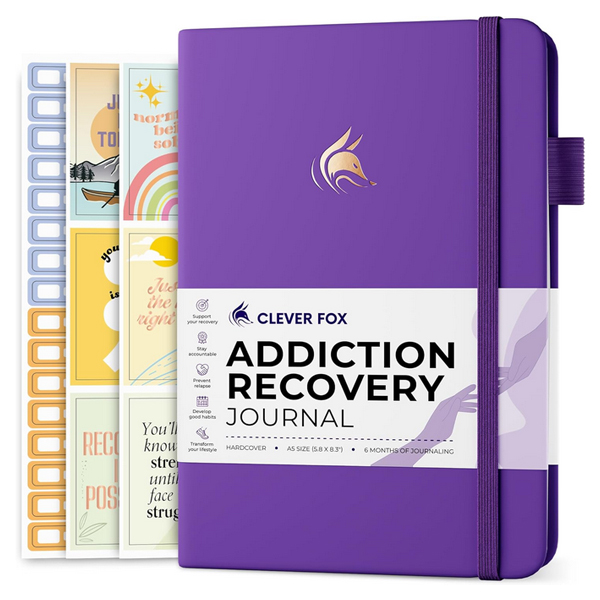
The Five Minute Journal
This journal focuses on positive affirmations and self-talk. It provides daily prompts to write affirmations, empowering individuals to cultivate self-confidence, resilience, and a positive mindset during their recovery.
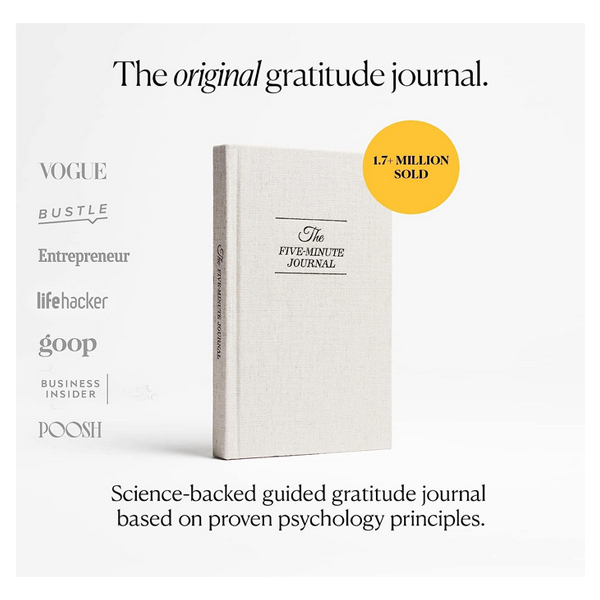
Progress not Perfection
This journal is crafted to support individuals on their sobriety journey, providing a dedicated space for daily reflection, cultivating gratitude, setting attainable goals, and tracking ongoing progress.
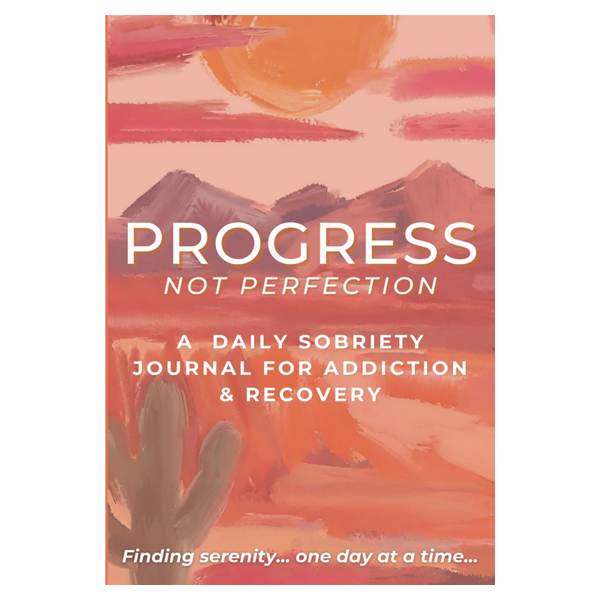
Wellness Planner
A wellness planner provides a holistic approach to recovery by including sections for physical, mental, and emotional well-being. It includes goal trackers, habit trackers, self-care plans, and gratitude sections, helping individuals prioritize their overall wellness during recovery.

The Best Self Journal
With its structured and comprehensive format, this productivity journal provides users with a blueprint for success. The journal’s undated planner allows for flexibility in planning, while the guided journal prompts provide a framework for reflecting on progress and identifying areas for growth.
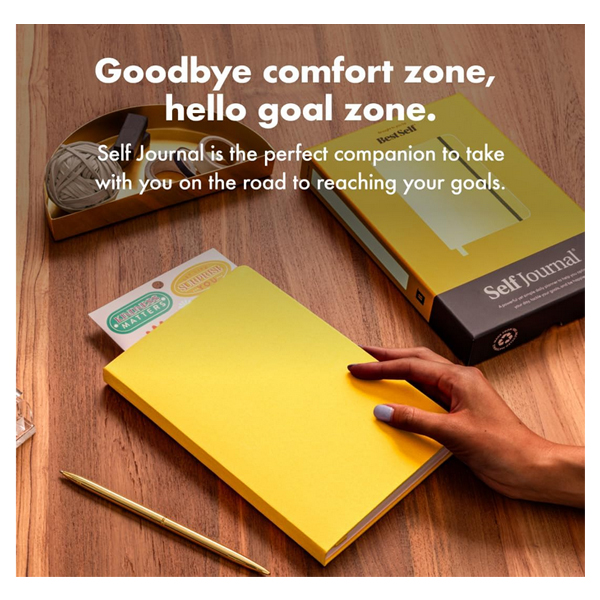
Remember, it’s crucial to find a journal or planner that aligns with personal preferences and needs. By integrating specialized journals and planners into their recovery journey, individuals can harness the benefits of self-reflection, goal setting, and daily inspiration to support their ongoing progress and well-being.
Meditation and Mindfulness Tools
Meditation and mindfulness are invaluable in managing stress and maintaining sobriety by enhancing self-awareness, emotional regulation, and stress reduction. Through regular practice, individuals can cultivate inner peace, clarity, and resilience, which are essential for navigating challenges and triggers that may lead to relapse. By embracing mindfulness, individuals learn to observe thoughts and emotions without judgment, empowering them to respond to stressful situations with intention and control.
Recommendations for Tools to Help with Meditation and Mindfulness:
Meditation Apps:
- Headspace: Offers a variety of guided meditations, mindfulness exercises, and sleep sounds to support users in their meditation practice.
- Calm: Features guided meditations, breathing exercises, soothing music, and sleep stories to help individuals relax and de-stress.
- Insight Timer: Provides a wide selection of guided meditations, calming music tracks, and a supportive community for meditators.
Yoga Mat
A high-quality yoga mat can provide a comfortable and supportive surface for meditation, yoga practice, and mindful movement exercises.
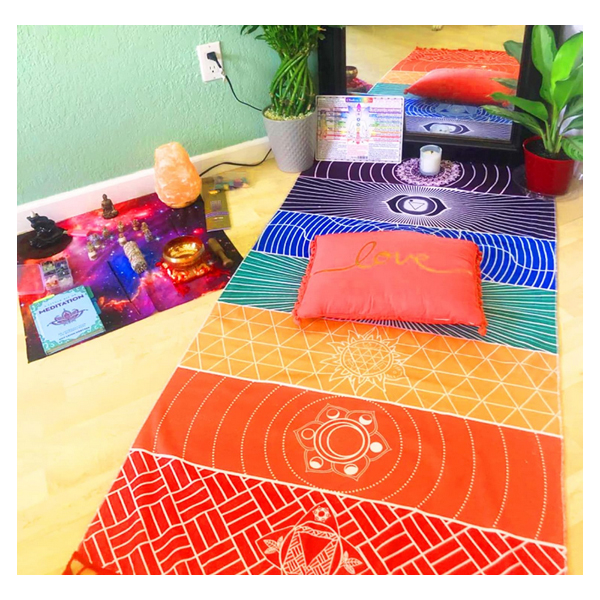
Meditation Cushion
Using a specially designed meditation cushion or bench can help support proper posture and comfort during meditation sessions, especially for longer durations.
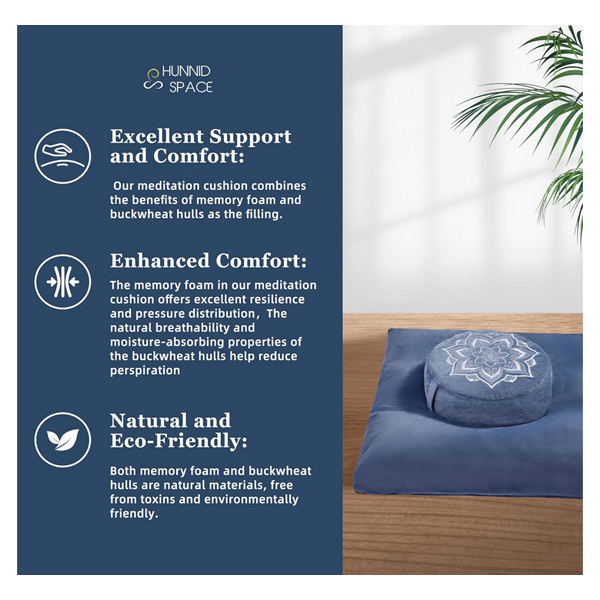
Essential Oils and Diffuser
Aromatherapy using essential oils like lavender, eucalyptus, or chamomile can promote relaxation and create a calming atmosphere during meditation sessions.
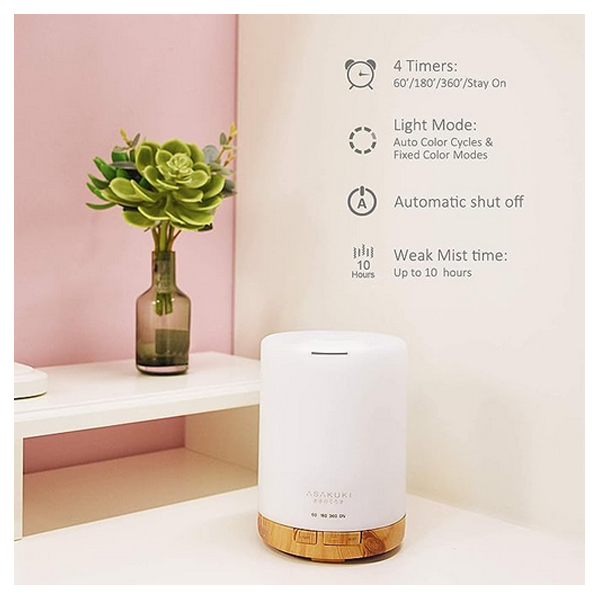
Singing bowls
Singing bowls produce soothing tones that resonate through the body, promoting balance and harmony. Whether for sound healing, meditation, or mindfulness, using singing bowls can enhance your spiritual practice and deepen your connection with the present moment.
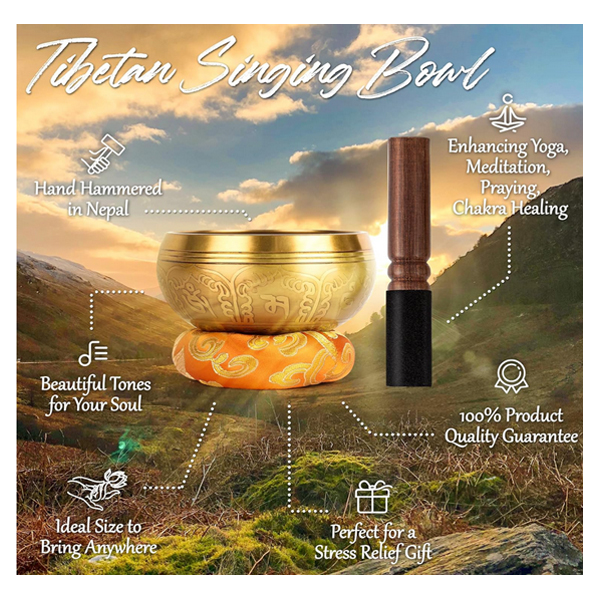
White Noise Machine or Nature Sounds
White noise machines or nature sound generators can create a serene environment conducive to meditation and relaxation by masking external distractions.
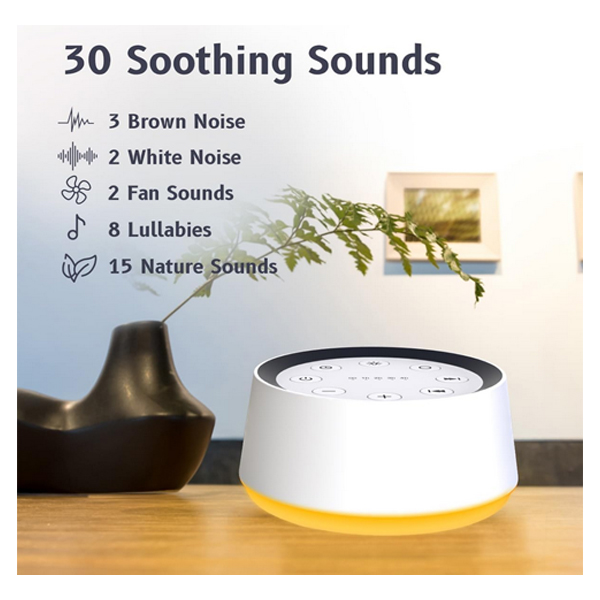
Practicing meditation, such as engaging in deep breathing exercises and guided visualization, can effectively calm the mind, reduce anxiety, and enhance overall mental well-being. These tools serve as healthy coping mechanisms that support the sobriety journey and provide individuals with the skills needed to gracefully and confidently navigate difficult moments.
Self-Help Books and Audiobooks
Self-help literature holds substantial influence on personal growth and recovery by providing invaluable insights, practical strategies, and empowering perspectives to individuals on the path of self-improvement. Through self-help books and audiobooks, readers and listeners can acquire fresh outlooks, deepen self-awareness, and nurture the mindset crucial for surmounting obstacles, nurturing resilience, and attaining personal evolution.
Recommendations:
The Power of Now by Eckhart Tolle
A transformative guide to living in the present moment and finding inner peace.

Atomic Habits by James Clear
A practical book on how to build good habits and break bad ones to achieve your goals.
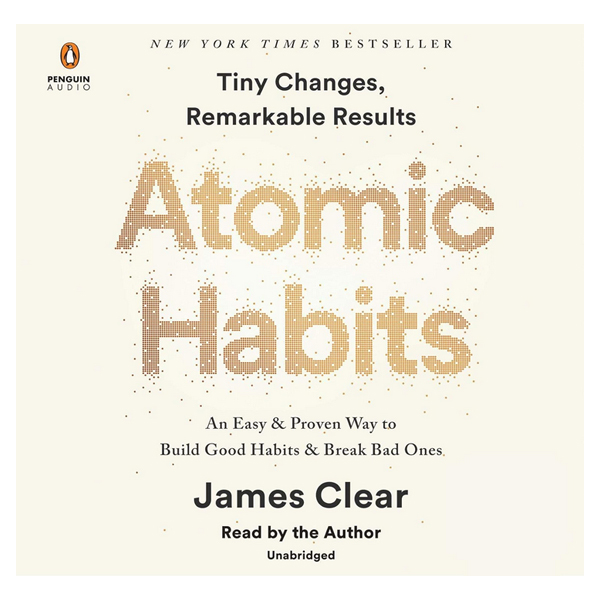
Daring Greatly by Brené Brown
A powerful exploration of vulnerability, courage, and shame resilience that can transform the way you live, love, and lead.
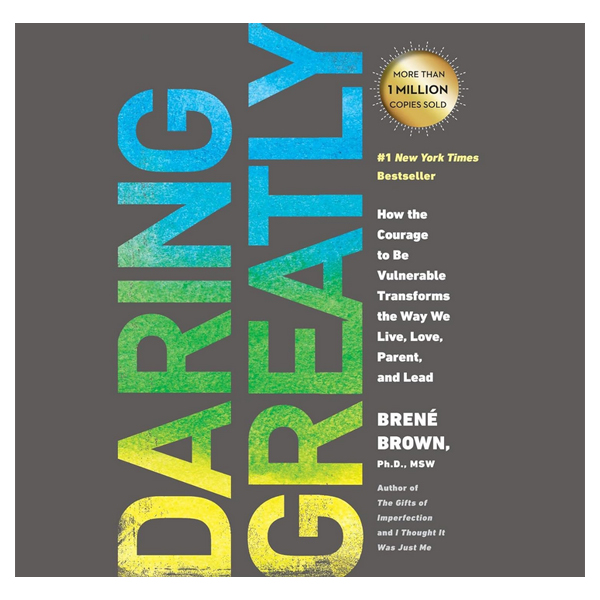
You Are a Badass by Jen Sincero
An empowering and humorous book that helps you identify and change self-sabotaging beliefs to create the life you desire.
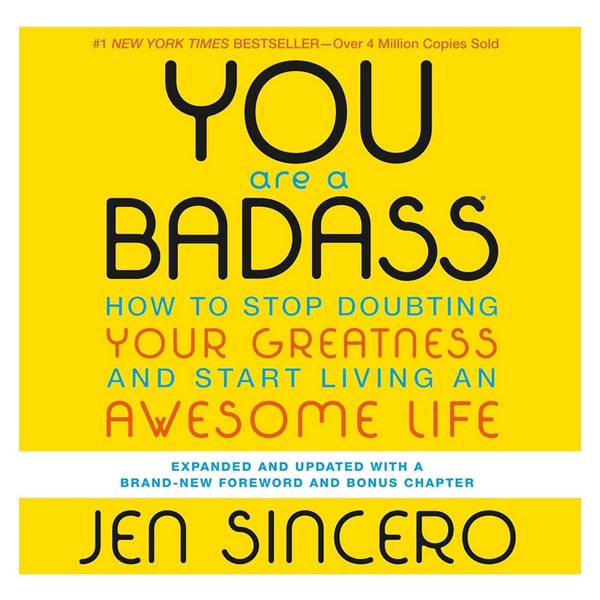
The Subtle Art of Not Giving a Fck* by Mark Manson
A refreshing take on self-improvement that challenges traditional notions of success and happiness.

The Big Book by Alcoholics Anonymous
A seminal text in the field of addiction and recovery, offering a comprehensive program for overcoming alcoholism and finding sobriety.
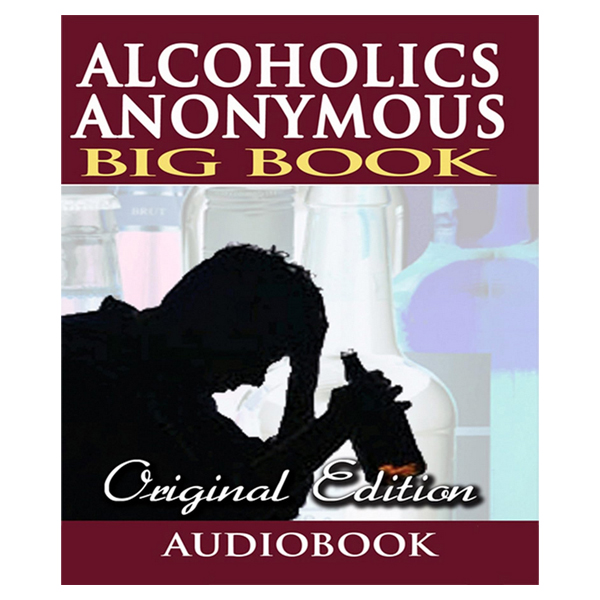
This Naked Mind by Annie Grace
This book explores the psychological and social aspects of alcohol use and provides a fresh perspective on achieving freedom from alcohol dependency.
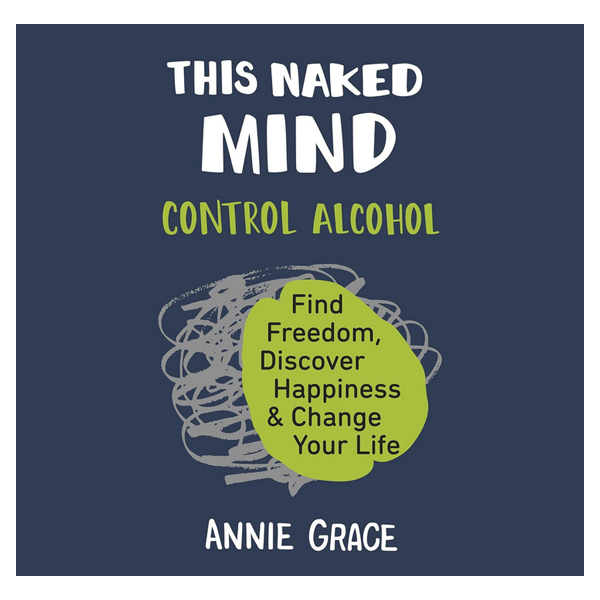
Beautiful Boy by David Sheff
An autobiographical account of a father’s struggle to help his son overcome addiction and find recovery.

Broken by William Cope Moyers
My Story of Addiction and Redemption by William Cope Moyers – A memoir of addiction and recovery, offering hope and inspiration to those facing similar challenges.

Recovery by Russell Bran
Freedom from Our Addictions by Russell Brand – An engaging and insightful audiobook where Russell Brand shares his personal journey of addiction and recovery, offering wisdom and humor.
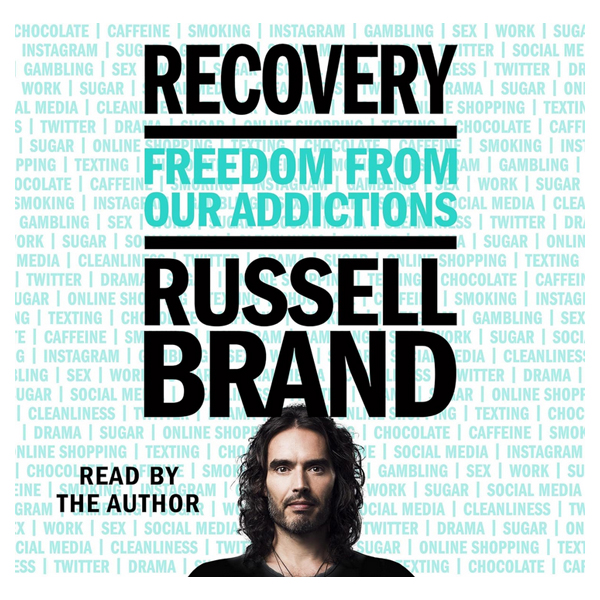
These resources can serve as catalysts for embarking on a transformative journey of self-discovery, healing, and positive change. By delving into self-help literature, individuals can gain valuable insights, practical strategies, and empowering perspectives that support their mental health and aid in their journey towards recovery.
Importance of Self-Care in the Recovery Process
Self-care is essential in the recovery process as it prioritizes physical, emotional, and mental well-being. It equips individuals with necessary tools to nurture themselves during challenging times. Focusing on self-care allows those in recovery to practice self-compassion, reduce stress, and develop resilience as they journey towards healing. By making self-care practices an integral aspect of their daily routine, individuals can enhance their overall quality of life and health, build self-esteem, and establish effective coping mechanisms to effectively manage triggers and cravings.
Recommendations:
Spa Kits
These kits typically include items such as bath salts, essential oils, candles, and body scrubs to promote relaxation and pampering at home.

Relaxation Boxes
These boxes may contain items like herbal teas, calming scents, stress-relief tools, and mindfulness activities to create a tranquil and soothing environment for self-care.
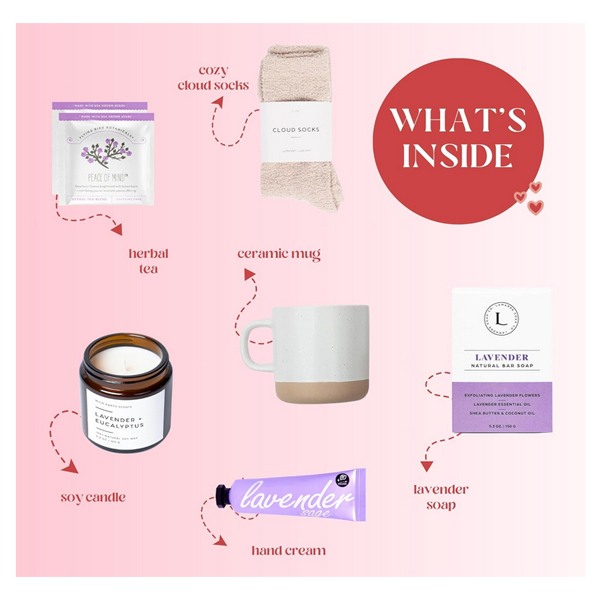
Personalized Self-Care Kits
Tailored to the individual’s preferences, these packages can include items such as journals, soothing music playlists, self-help books, art supplies, or any other items that resonate with the individual’s unique self-care needs and interests. Creating a personalized DIY self-care kit allows individuals to customize their self-care experience and cater to their specific well-being goals.
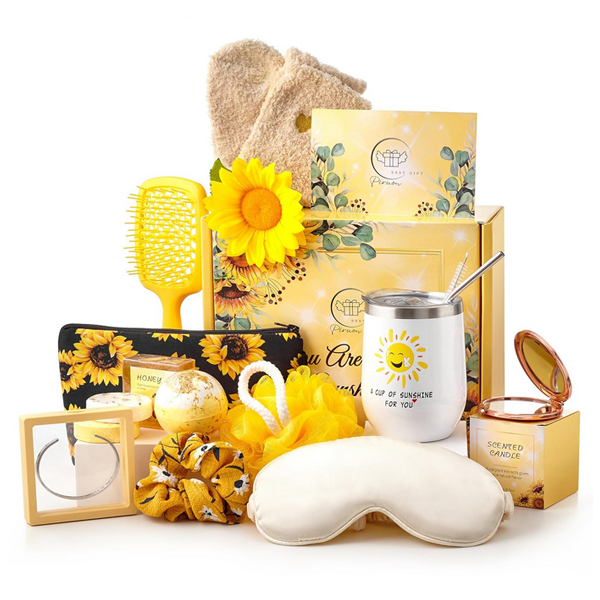
Nature-Inspired Self-Care Kits
Incorporating elements from nature, such as plants, stones, natural scents, and outdoor activities, can help individuals connect with the healing power of nature and promote a sense of grounding and tranquility in their self-care routines.

Mindfulness Kits
These kits can include mindfulness tools such as meditation cushions, stress balls, guided meditation scripts, and mindfulness coloring books to promote relaxation and present-moment awareness.
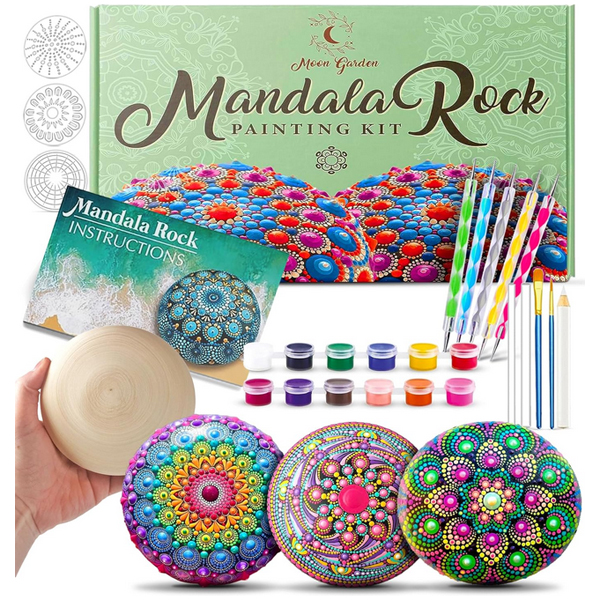
Whether you use pre-made wellness kits or make DIY self-care packages, they can really step up your self-care game while you’re in recovery. These kits remind you to take care of yourself and give you a boost of empowerment and strength along your journey. Plus, they’re a fun way to bring some creativity into your self-care routine!
Benefits of Creative Activities as Therapeutic Outlets
Taking part in creative activities can offer individuals in recovery therapeutic benefits, providing a way for self-expression, emotional processing, and stress reduction. Engaging in artistic outlets can be a powerful tool for promoting mental and emotional well-being, allowing individuals to pour their thoughts and emotions into art, craft, or other forms of creative expression. This can lead to a sense of catharsis, increased self-esteem, and a greater sense of purpose and happiness.
Recommendations:
Sketchbooks
Offering individuals a blank canvas for their thoughts and emotions, sketchbooks provide a space for drawing, doodling, or journaling through visual expression.
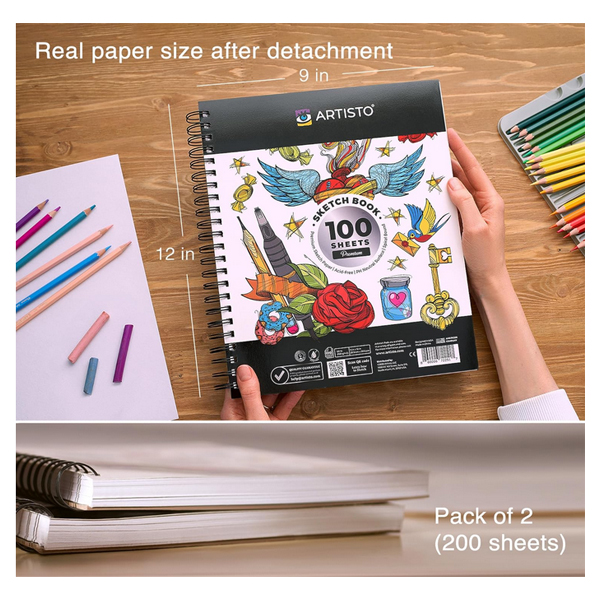
Painting Kits
Including a variety of paints, brushes, and canvases, painting kits offer the opportunity for individuals to explore color, texture, and creativity as a therapeutic outlet.
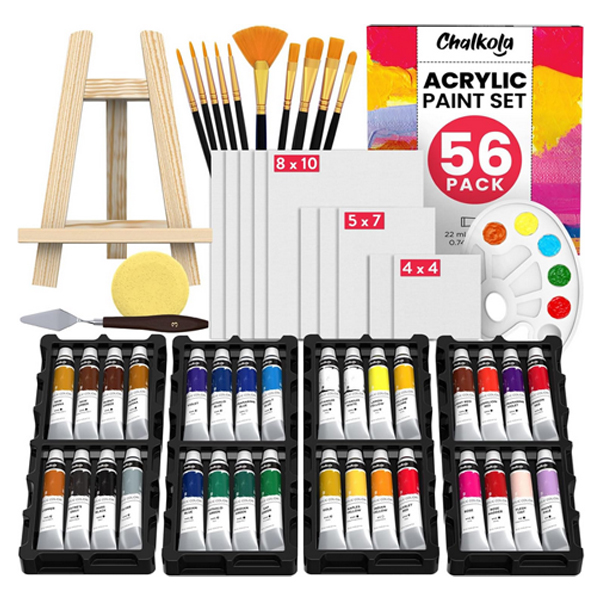
Knitting
Knitting can promote relaxation and mindfulness, as the repetitive and rhythmic nature of the activity can be soothing and meditative for individuals in recovery.
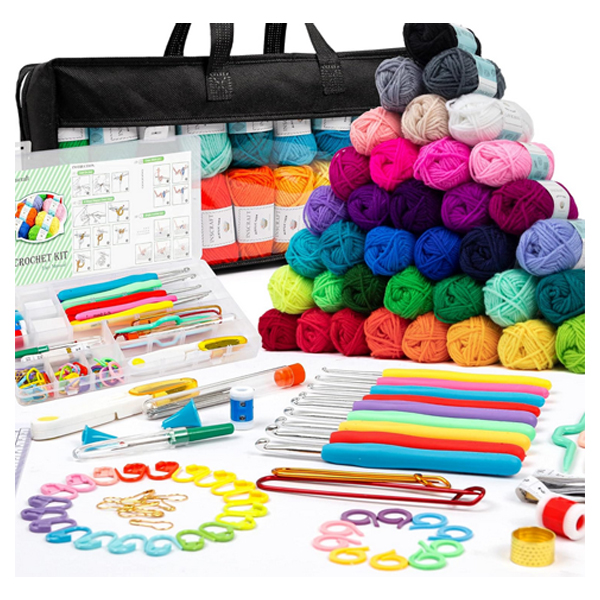
Scrapbooking
Creating scrapbooks allows individuals to preserve memories, express themselves through design, and engage in a meaningful and reflective activity.
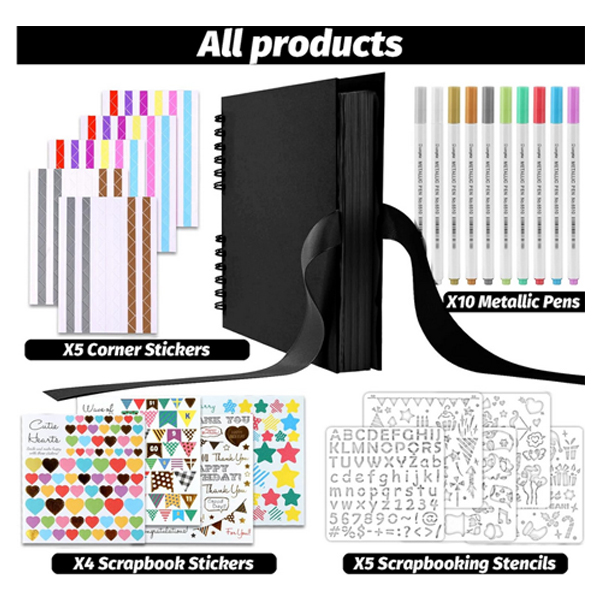
Virtual Painting Classes
Accessible online classes can provide guidance and inspiration for individuals interested in developing their painting skills or exploring new forms of artistic expression.
Crafting Workshops
Online workshops can offer instruction and community engagement for individuals interested in learning new crafting techniques or exploring creative hobbies.
Incorporating art supplies, crafting materials, and online art classes into self-care routines can be especially beneficial for individuals in recovery. By engaging in creative activities, individuals can tap into the therapeutic power of art, promoting emotional healing, self-expression, and an overall sense of well-being. Crafting can serve as an outlet for emotions while art classes can provide guidance and inspiration.
Importance of Physical Activity and Health in Recovery
Participating in physical activity and maintaining good health is crucial for the recovery process, as it contributes to overall well-being, stress reduction, mood improvement, and heightened self-esteem. Regular exercise can increase mental clarity, energy levels, and emotional resilience, offering individuals in recovery a natural and sustainable method to manage their mental health and handle cravings or triggers. Prioritizing health through nutritious eating habits, physical activity, and self-care practices can help individuals establish a solid foundation for their recovery journey, promoting holistic wellness and empowerment in their lives.
Recommendations:
Fitbit
Fitness trackers like Fitbit can help individuals monitor their daily activity levels, track their workouts, and set personal fitness goals to stay motivated and accountable in their health and wellness journey.
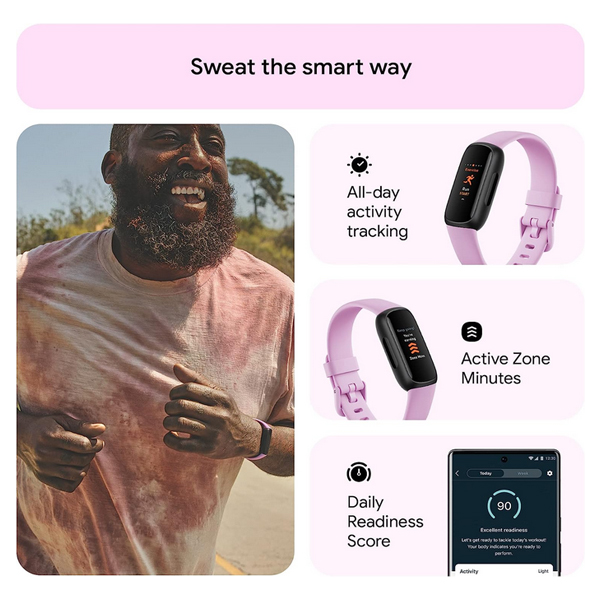
Resistance Bands
Portable and versatile, resistance bands offer a convenient way to strengthen muscles, improve flexibility, and engage in resistance training exercises at home or on the go.
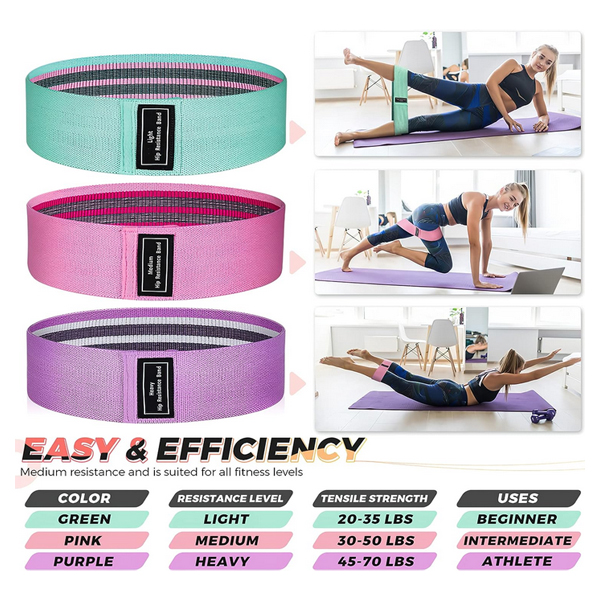
Meal Delivery Services
Healthy meal kits or subscriptions provide individuals with pre-portioned ingredients and nutritious recipes, making it easier to prepare wholesome meals at home and maintain a balanced diet during the recovery process.
Nutrition Plans
Nutrition plans tailored to individual dietary needs and preferences can help individuals make informed choices about their food intake, promote healthy eating habits, and sustain long-term wellness goals.

Exercise Ball
Exercise balls can be used for core strengthening, balance exercises, and stretching, offering a versatile and low-impact way to improve overall fitness.
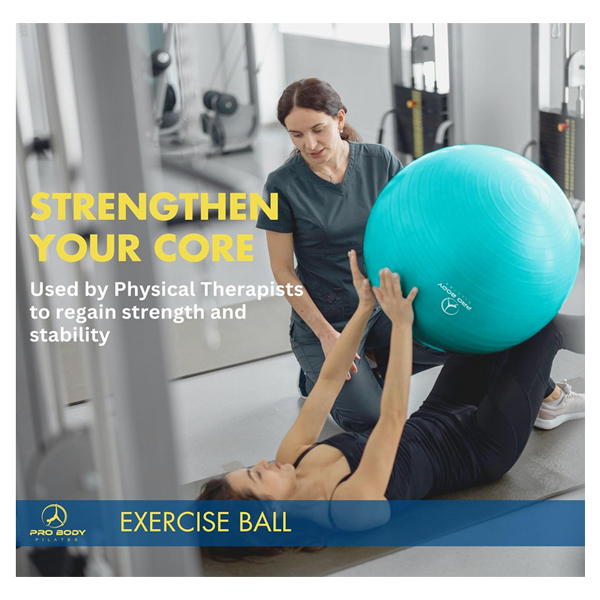
Mini Stepper
Compact and portable, mini steppers simulate the motion of climbing stairs, providing a simple and effective aerobic workout option for home use.
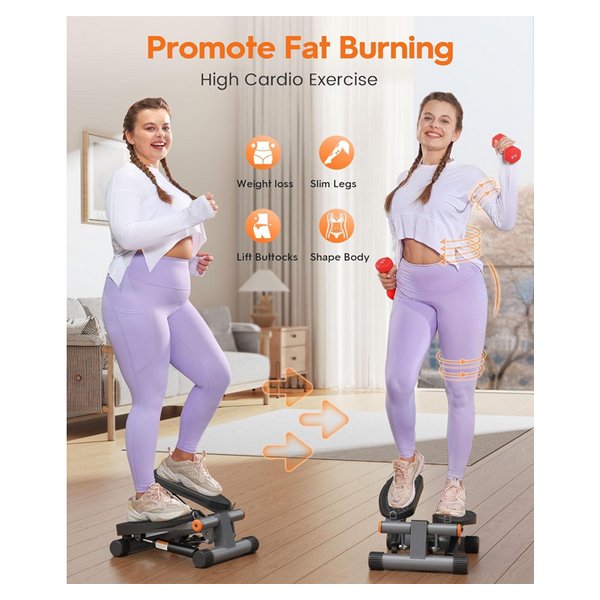
By including fitness trackers, home workout equipment, and healthy meal kits in their daily routines, individuals in recovery can prioritize their physical health and well-being. These choices can support their overall recovery journey, offering sustainable lifestyle options for long-term success and resilience.
Personalized Gifts
Personalized gifts offer a meaningful way to demonstrate your care and affection for others. From adding names and dates to incorporating special messages, these customized gifts hold sentimental value and serve as enduring mementos that convey heartfelt love and support. As tangible symbols of progress and resilience, they carry a profound significance, making the recipient feel truly valued and cherished.
Recommendations:
Sobriety Date Necklaces
Customized necklaces featuring a person’s sobriety date can serve as a powerful symbol of perseverance, strength, and personal growth in their recovery journey.
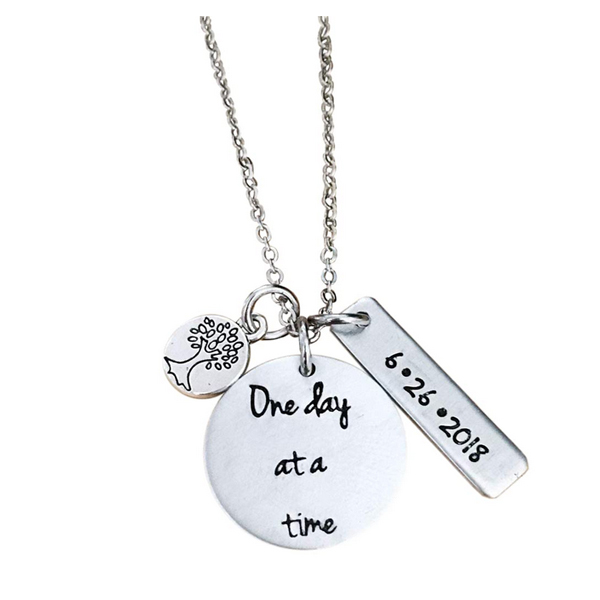
Personalized Plaques
Engraved plaques commemorating recovery milestones, such as months or years of sobriety, can serve as a meaningful and visible reminder of progress and achievement.
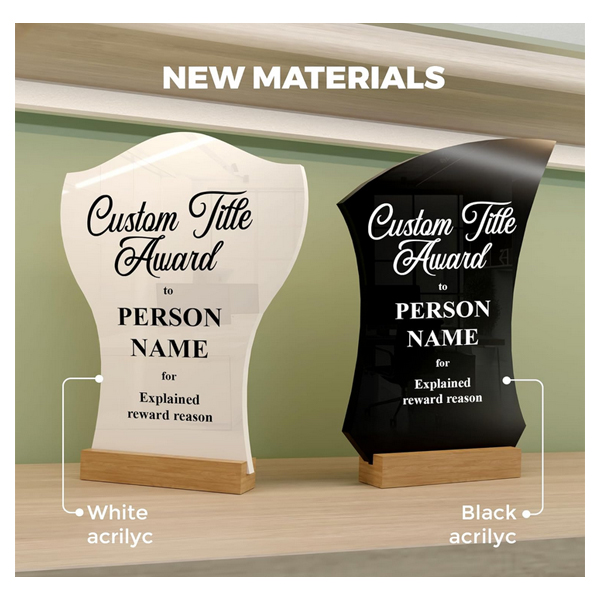
Engraved Keychains
Engraved keychains with motivational quotes, initials, or significant dates can offer daily inspiration and encouragement to individuals in their recovery journey.
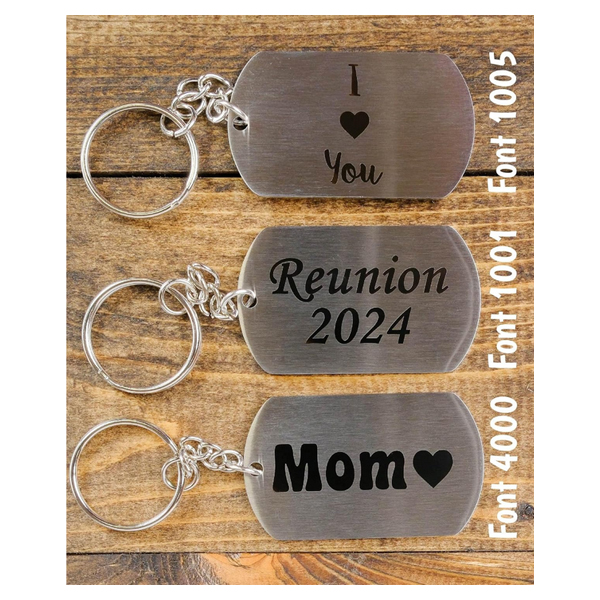
Engraved Bracelets
Personalized bracelets with messages of hope, resilience, or support can be worn as a constant reminder of strength and progress in overcoming challenges.
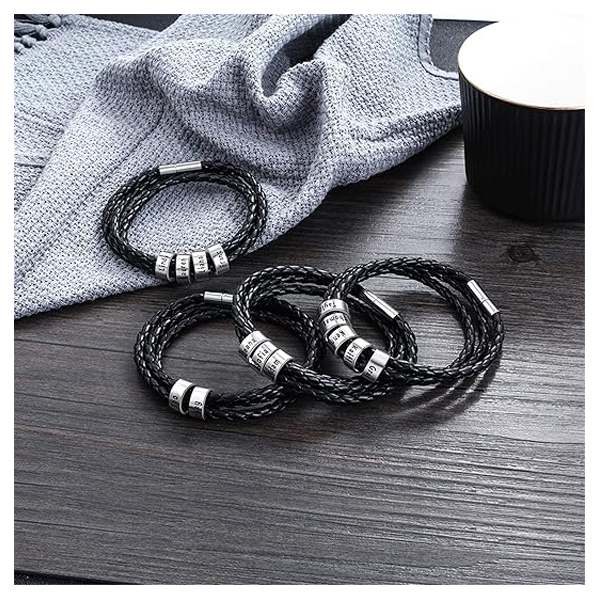
Overall, a customized gift has the power to uplift and empower those on their path to recovery. It serves as a reminder of their strength, progress, and the support they have from others, helping to foster a positive mindset and a continued commitment to wellness and personal growth.

Join Us in Spreading Support and Understanding on the Path to Recovery
Our guide provides a range of gift categories designed to motivate and inspire those in early recovery on their path to healing and personal growth. Choosing a supportive and understanding gift can truly make a difference. Consider their interests, needs, and preferences when selecting your gift.
For a variety of gift ideas suitable for different stages of recovery, including tips on what to avoid, check out our blog post “Best Gifts for Someone in Recovery.” Make sure to visit our store, 100% of the proceeds are channeled back into supporting individuals on their recovery journey. Shop with us and join our mission to empower, inspire, and break the stigma around mental health.



